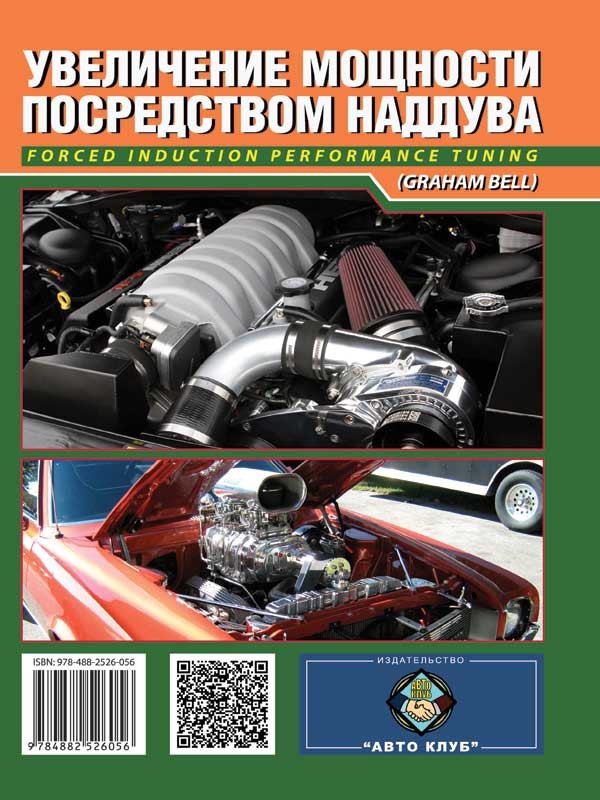 Wall Street's Think Tank
Wall Street's Think Tank
Автор: Laurence H. Shoup
Год издания: 0000
The Council on Foreign Relations is the most influential foreign-policy think tank in the United States, claiming among its members a high percentage of government officials, media figures, and establishment elite. For decades it kept a low profile even while it shaped policy, advised presidents, and helped shore up U.S. hegemony following the Second World War. In 1977, Laurence H. Shoup and William Minter published the first in-depth study of the CFR, Imperial Brain Trust, an explosive work that traced the activities and influence of the CFR from its origins in the 1920s through the Cold War. Now, Laurence H. Shoup returns with this long-awaited sequel, which brings the story up to date. Wall Street’s Think Tank follows the CFR from the 1970s through the end of the Cold War and the collapse of the Soviet Union to the present. It explains how members responded to rapid changes in the world scene: globalization, the rise of China, wars in Iraq and Afghanistan, and the launch of a “War on Terror,” among other major developments. Shoup argues that the CFR now operates in an era of “Neoliberal Geopolitics,” a worldwide paradigm that its members helped to establish and that reflects the interests of the U.S. ruling class, but is not without challengers. Wall Street’s Think Tank is an essential guide to understanding the Council on Foreign Relations and the shadow it casts over recent history and current events.
 The increase in power through supercharging of street racing in eBook
The increase in power through supercharging of street racing in eBook
Автор: Автоклуб
Год издания:
Content
Foreword
Introduction to boost technology
Lessons from history
Turbochargers: past and present
Nitrous oxide: from the beginnings to the present day
Aspiration: theory and basic principles
What you should know about turbochargers
Turbocharger boost pressure control
The strategy to prevent the turbocharger turboyam
What you should know about turbochargers
Cooling the intake charge
Injection water and other alternative solutions
Fuels and fuel additives
Fuel
Air intake system
Injection of nitrous oxide
Exhaust system
The process of combustion and ignition system
The engine management system
Increased engine durability
Lubrication system
Cooling system
Modification of the factory engine supercharged
Testing theory in practice and a few thoughts
 The Street
The Street
Автор: Говард Филлипс Лавкрафт
Год издания:
The story traces the history of the eponymous street in a New England city, presumably Boston, from its first beginnings as a path in colonial times to a quasi-supernatural occurrence in the years immediately following World War I.
 Thinker. Logical gaming device, which combines the elements of Rubik’s Cube, the 15 puzzle, Dominoes and playing cards
Thinker. Logical gaming device, which combines the elements of Rubik’s Cube, the 15 puzzle, Dominoes and playing cards
Автор: Valeriy Zhiglov
Год издания:
For a long time the games are the entertainment, which is the most demanded for. Both in USA, and in a number of European countries, gaming industry overcame cinema in annual income already several years ago. The annual turnover in gaming industry already exceeded 15 billion dollars, and it still grows every year. I have proposed a logical gaming device, which combines the elements of Rubik’s Cube and the 15 puzzle, and which can be used widely to improve logical thinking abilities in children.
 How We Think
How We Think
Автор: Джон Дьюи
Год издания:
How We Think by John Dewey is a classic book about thinking. The contents of Dewey’s book are applicable to innovation, learning, business management, and many other fields. John Dewey’s view of thinking, and thinking skills, as elaborated in “How We Think” is surprisingly fresh and consistent. Dewey warns against the confusion of mental analysis (looking for the general aspects of an object) with physical analysis (dissection into parts), which leads to the study of living objects as if they were dead. John Dewey’s thought is the essence of systems thinking, which is so fashionable today. In “How We Think,” John Dewey also concludes that we can be taught to “think well” and discusses how. Starting with beliefs and the consequences they bring about, Dewey suggests that knowledge is relative to its interaction with the world, concluding in the end that real freedom is intellectual. According to Dewey, the act of thinking itself is in many cases more important than what is being thought about. Dewey’s analysis of thought will help readers to consider important elements of thinking (and writing) such as: (1) the iterative “ebb and flow” between inductive and deductive thinking; (2) what is necessary to train their minds to think better. Though written years ago, “How We Think” is an easy book to read and well worth the time spent on it.
 Thinker. Logical gaming device, which combines the elements of Rubik’s Cube, the 15 puzzle, Dominoes and playing cards
Thinker. Logical gaming device, which combines the elements of Rubik’s Cube, the 15 puzzle, Dominoes and playing cards
 Thinker. Logical gaming device, which combines the elements of Rubik’s Cube, the 15 puzzle, Dominoes and playing cards
Thinker. Logical gaming device, which combines the elements of Rubik’s Cube, the 15 puzzle, Dominoes and playing cards